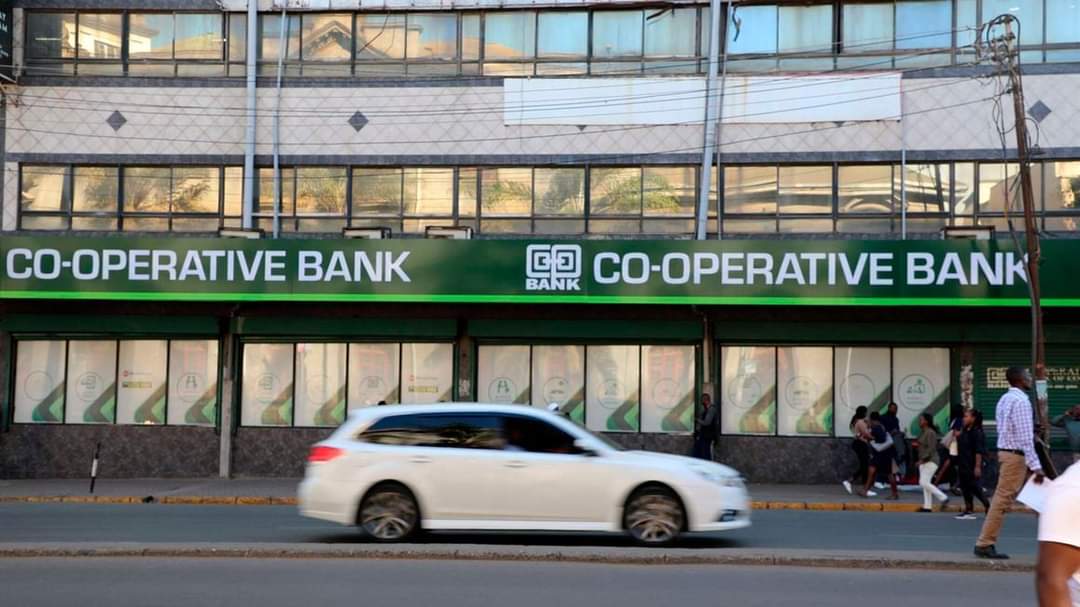Huge Mediterranean Storm Kills Thousands In Libya
A huge Mediterranean storm has caused widespread flooding in Libya, killing thousands of people and leaving at least 10,000 missing.
The storm, named Daniel, barrelled across the Mediterranean into a country divided and crumbling after more than a decade of conflict.
The worst affected area is the eastern coastal city of Derna, where a senior medic told Reuters that more than 2,000 people had died. Eastern Libya officials cited by local television were estimating a toll above 5,000.
Derna is a city of around 125,000 inhabitants. Reuters journalists saw wrecked neighbourhoods, their buildings washed out and cars flipped on their roofs in streets covered in mud and rubble left by a wide torrent after dams burst.
Mohamad al-Qabisi, director of the Wahda Hospital, said 1,700 people had died in one of the city’s two districts and 500 had died in the other.
Reuters journalists saw many bodies laid out on the ground in the hospital corridors. As more bodies were brought to the hospital, people looked at them, trying to identify missing family members.
“Bodies are lying everywhere – in the sea, in the valleys, under the buildings,” Hichem Abu Chkiouat, minister of civil aviation in the administration that controls the east, told Reuters by phone shortly after visiting Derna.
“I am not exaggerating when I say that 25% of the city has disappeared. Many, many buildings have collapsed.”
The local al-Masar television said the eastern administration’s interior minister had said more than 5,000 people had died.
The United Nations said it was “deeply concerned” by the situation in Libya and called for urgent international assistance.
“We are working with our partners to assess the needs and to scale up our response,” said Jens Laerke, spokesman for the UN Office for the Coordination of Humanitarian Affairs.
The storm has also caused widespread damage in other parts of Libya, including the capital, Tripoli.
The government has declared a state of emergency in Derna and other affected areas.
The flooding is a major humanitarian crisis for Libya, which is already struggling to cope with the COVID-19 pandemic and a political impasse.
The country has been divided since 2011, when long-time ruler Muammar Gaddafi was overthrown and killed in a NATO-backed uprising.
The two rival governments in the east and west have been unable to agree on a way forward, and the country has been plagued by violence and instability.
The flooding is likely to make the situation even worse, as it will displace people and damage infrastructure.
The international community needs to urgently step up its assistance to Libya to help the country cope with this disaster.









